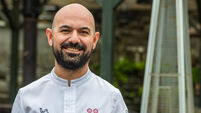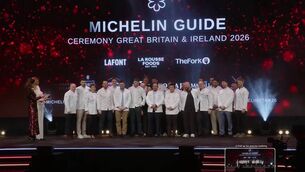Raise a glass to craft beer

MORE than 10,000 visitors are expected to raise a glass to their lips at the RDS Irish Craft Beer Festival this weekend at a gathering of our very best craft beer and cider brewers, showcasing over 200 craft beers and ciders from all over Ireland.
To many, Brian Cowen will forever be the man who had his hand on the chain when Ireland was flushed down the fiscal toilet but there will always remain a soft spot for him in the hearts of craft brewers. In 2005, he implemented a policy whereby micro-breweries producing fewer than 20,000 hectolitres of beer per annum would be entitled to a 50% tax rebate.








